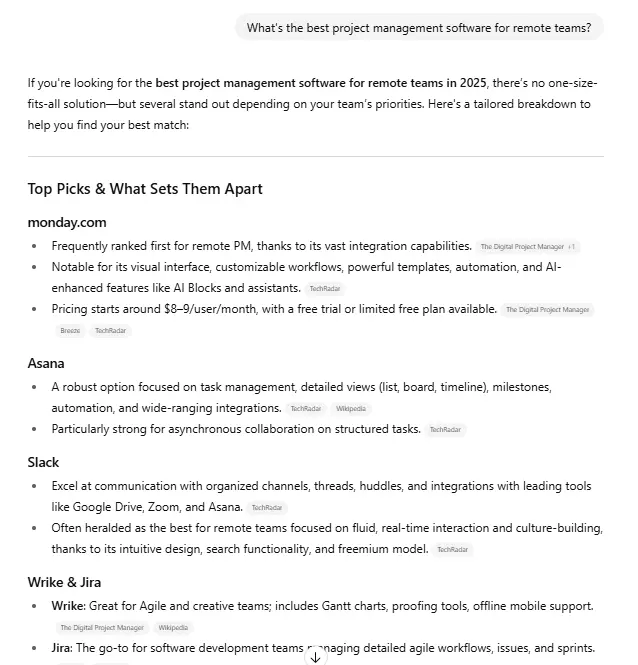Port of Dover delays expected to last all weekend as busiest summer getaway in years plunged into chaos
‘Once you’ve lost control of the the queue, it’s hard to get it back’: Backlog set to run into early next week, officials say, as French and British authorities blame one another for travel chaos

The busiest holiday weekend of the year was plunged into chaos on Friday as families were forced to wait for up to six hours at the Port of Dover because of “woefully inadequate” border control staffing, with the delays expected to run into early next week.
A “critical incident” was declared on Friday morning when officials from France’s Police Aux Frontieres (PAF) were late to open the port’s security checks, resulting in traffic queues that stretched for miles along the south coast of England.
With 18.8 million road journeys expected to take place throughout the UK this weekend – the first of the school summer holiday – those families, along with lorries hoping to cross the Channel, were told to arrive at least five hours before their departure time in order to have time to clear the border controls.
As the AA warned of a “bumper-to-bumper summer”, the Port of Dover said it would “take some time to clear the backlog”, while one port source admitted it was likely the delays would run throughout the weekend and potentially into next week. “Once you’ve lost control of the queue, it’s hard to get it back,” they added.
By Friday afternoon, resources at the border had increased, allowing the traffic to start to move slowly, but holidaymakers were warned to come prepared with water, food and supplies, while P&O Ferries said there were still “queues of up to four or five hours” at the port.
Transport secretary Grant Shapps said on Friday evening that he was “working closely” with his French counterpart, Clement Beaune, to “address the issues that caused tailbacks”, while Liz Truss said action was needed to increase capacity.
The foreign secretary described the delays and queues as “unacceptable”, and said that the situation was “entirely avoidable”.
She added: “We need action from France to build up capacity at the border, to limit any further disruption for British tourists and to ensure this appalling situation is avoided in future. We will be working with the French authorities to find a solution.”
Doug Bannister, CEO of the Port of Dover, attacked the French authorities for “woefully inadequate” staff levels, and local MP Natalie Elphicke claimed that French border officers “didn’t turn up for work”.
Mr Bannister added that officials had shared “granular detail” on an “hour-by-hour basis” with the French about the amount of traffic expected, in a bid to avoid disruption.
The port source said that if PAF officials “had listened to our warnings and manned enough booths in advance, we wouldn’t have had this situation”.
However, the French authorities denied that they were to blame for the delays, citing an “unforeseeable incident” in the Channel Tunnel which had meant that border police were unable to deploy at full capacity at the port until more than an hour later than planned.
“The increase in traffic for this weekend was fully anticipated and a suitable deployment was prepared,” said the prefet for the Haut-de-France region, Georges-Francois Leclerc, adding that “the plan was to have all the police booths manned by 8.30am”.
“However, an unforeseeable technical incident in the tunnel meant that police had to push back their full deployment by an hour,” he explained.
Eurotunnel’s director of public affairs, John Keefe, challenged these claims, telling the BBC it was “absolutely not the case” that French border officials had been unable to fully man the booths at Dover because of an “unforeseeable incident” in the Channel Tunnel.
“The incident at the port started overnight, well before a minor technical incident in the Channel Tunnel. There is absolutely no correlation between the two,” he said.
The Port of Dover source also said that the delays had started to build up overnight on Thursday, and were caused by a shortage of staff, adding that the port had experienced a “difficult morning” but that the situation had been “temporarily sorted” by Friday evening.
One lorry driver said he had been queueing in his HGV in Dover since 6pm on Thursday and was still waiting to cross the Channel after 10am on Friday morning. “I’ve been in something like this before, but this is the worst,” he said.
Labour did not cite Brexit as a factor in the delays, as some have done, but said: “This is what happens when you have a government with no plan and out of ideas about how to fix the country’s problems.”
Nick Thomas-Symonds MP, the shadow international trade secretary, said: “Yet again on this government’s watch, we are seeing our vital travel and trade links grind to a halt.”
At the main Channel port, immigration controls are “juxtaposed”, which means PAF officials check the passports of British holidaymakers before they leave the UK to board ferries to Calais, Dunkirk and beyond.
Such checks were previously cursory, but under Brexit, the French authorities are obliged to check every single passport and stamp it with the day of departure to France.
This is necessary so that officials can ensure British citizens do not exceed the 90-day maximum stay in any 180 days – another law that was imposed on UK travellers as a consequence of the Brexit agreement.
The Port of Dover said it was “just the start of a very busy summer for us”. Long queues were also reported at airports across the UK on Friday, as families jetted off for their school summer holidays, many of which have already been disrupted in recent weeks as a result of flight cancellations and staff shortages.
The RAC said an estimated 18.8 million leisure trips were planned in the UK between Friday and Monday, the highest figure since it began tracking summer getaway numbers in 2014.
A strike by more than 40,000 workers at Network Rail and 14 train operating companies is set to go ahead next week, after talks failed to resolve a dispute over pay, jobs and conditions. Members of the Rail, Maritime and Transport union (RMT) will walk out on 27 July. The Transport Salaried Staffs’ Association has also announced a strike by its members at Avanti West Coast on the same day.
There was some good news, however. The prospect of industrial action by British Airways check-in staff at Heathrow airport ended after workers accepted a pay offer following a ballot by members of Unite and the GMB.

 Tekef
Tekef 
































